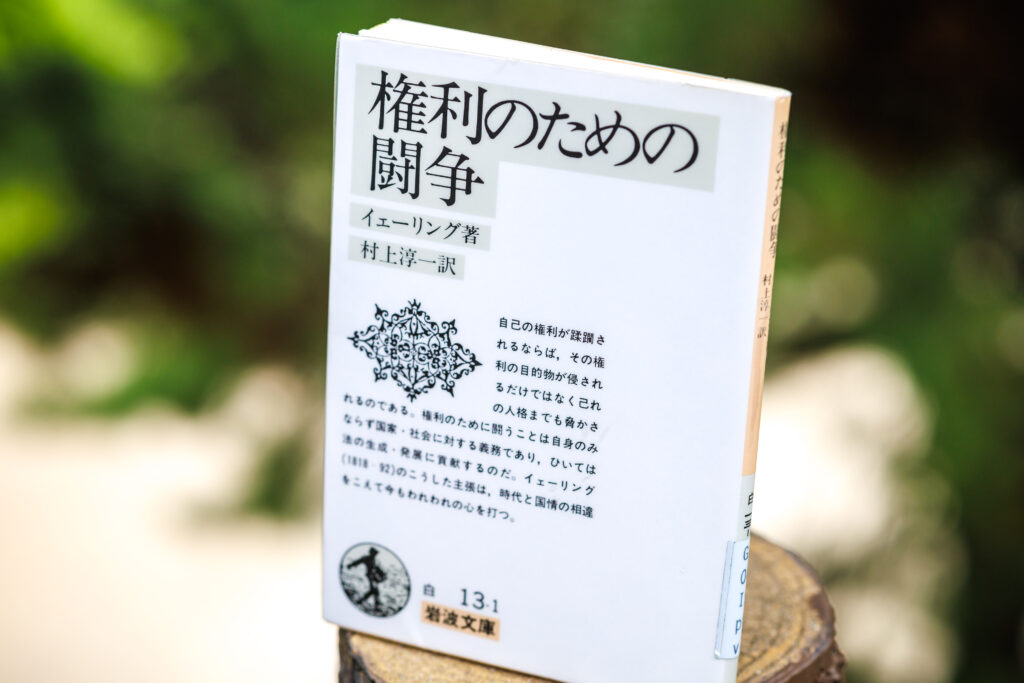
Professor Shoichi Tagashira from the Faculty of Law researches insolvency laws—which govern the liquidation and revitalization of bankrupt individuals and companies—in the field of civil procedure. He talks about the importance of stakeholder participation in the procedures for insolvent debtors and the current state of insolvency procedures overseas, which are different from Japan’s.
Civil procedure is a legal field that looks at procedures for resolving disputes between private individuals, such as between people or between people and companies. Within this field, I undertake research mainly on insolvency law.
Insolvency laws are procedures for liquidating the assets of companies and individuals that have become financially bankrupt—insolvent—and for revitalizing their businesses. They play an important role in coordinating the interests of diverse stakeholders, such as creditors.
In liquidation procedures, the company is dissolved after assets are liquidated. In contrast, revitalization procedures can achieve financial revival as the business continues while the company repays creditors under supervision of the court.
In Japan, due to an increase in the number of corporate insolvency cases arising from long-term recession caused by the bursting of the economic bubble, procedures based on revitalization gained renewed attention from around the 1990s. This shift highlighted the approach of reviving companies or businesses through revitalization procedures to uphold businesses that have economic or social value.
Model for diverse stakeholders to participate in revitalization procedures

However, business revitalization procedures are not omnipotent. Usually, only major creditors such as financial institutions can negotiate with insolvent companies, the debtors. There is no clear mechanism for how other creditors—for example, tort creditors—participate in these procedures.
Speed is important in revitalization procedures, but if the understanding and consensus of stakeholders is sacrificed in the process, then, particularly regarding legal procedures for business revitalization, issues remain unsolved.
The US is the global leader in business revitalization procedures. Generally, creditors and other stakeholders in the US have a strong awareness about participating in the process of developing the revitalization plan. A mechanism somewhat exists for them to actively participate in the procedures while being assisted by experts.
Meanwhile, in Japan, the method for participating in the procedures is not clear even if there is the desire to do so. There is also the mindset of leaving matters to the court and neutral experts, leading to a state of less than proactive stakeholder participation in the procedures. I plan to relook at this situation and propose a model framework that allows many diverse stakeholders to properly participate in the procedures from their respective positions.
This research is centered on a style of studying the issues with Japan’s legal system for insolvency and its implementation by comparing Japan’s framework with that of several countries and regions. The issues of Japan’s legal framework and examples for reference will become clear by analyzing the differences in the basic concepts and procedures of various countries’ insolvency laws.
There are also times when I go and talk directly to the local courts and lawyers. This is because there are many things to gain by visiting these places in-person.
For example, I heard a surprising fact from a US lawyer, who said that a merit for creditors to actively participate in revitalization negotiations related to bankrupt companies is the possibility of using the bankrupt companies’ inside information in the creditors’ own businesses. I find my research interesting when I gain such unexpected results.
A desire to convey to students the appeal of civil procedure, including insolvency laws
Besides research on insolvency laws, I am currently undertaking research in areas such as lawsuits involving companies. In general, the appeal of civil procedure is the wide scope of research. Resolving civil disputes is not limited to its narrow sense, such as lawsuits concerning property evictions. There is a broader scope that includes procedures for resolving domestic conflicts. Researchers can thus expand research themes into fields that interest them.
Students often find civil procedure to be a field that is boring and difficult to approach. However, civil disputes are closer to our everyday lives than we imagine, and I hope to convey through my work and teachings how useful gaining knowledge in this field can really be.
The book I recommend
“Der Kampf ums Recht”(The Struggle for Right)
by Rudolf von Jhering, Japanese translation by Jun’ichi Murakami, Iwanami Bunko

A classic published in the latter half of the 19th century by a German legal philosopher, I was deeply inspired by its message that it is our duty to the state and society to fight for our rights. I read it when I was a master’s program student and it led me to appreciate the implementation aspect of laws as a researcher.
-
Shoichi Tagashira
- Professor
Department of Law
Faculty of Law
- Professor
-
Graduated from the Faculty of Law, Kumamoto University and received his Master’s degree in Law at the university’s Graduate School of Law. Completed the doctoral program of Kobe University’s Graduate School of Law. Took on several positions—such as professor at Okayama University’s Faculty of Law—before becoming a professor at Sophia University in 2001 and assuming the position of dean at the Faculty of Law in 2023.
- Department of Law
Interviewed: September 2023